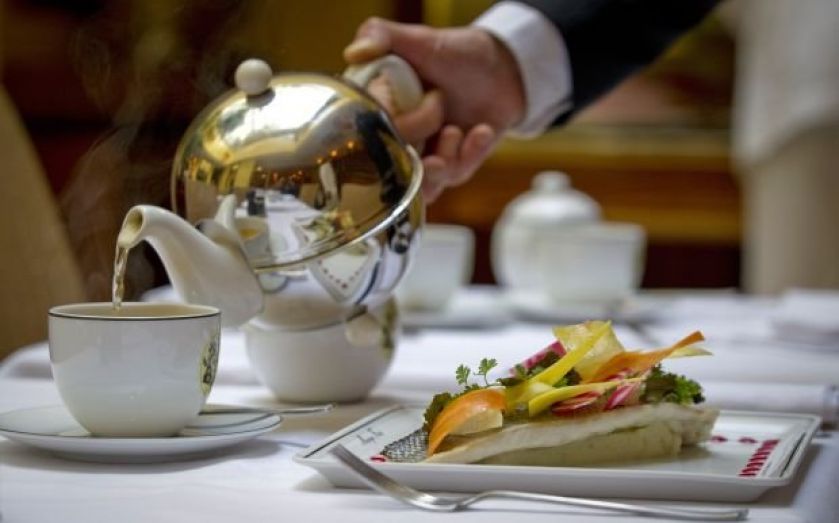| Updated:
In pursuit of premium – City & Gild

As brand consultants, our singular task when all other non-constants shift like the sands – taxation, distribution, clients, EBITDA target – is to unearth that golden nugget of truth from which a body of rich and juicy “reasons to believe” can be crafted. These can in turn inspire and inform the essence of the brand; that ownable, transformable and creatively rich glue around which the whole organisation can gather and the customer revel in.
In order to do this, one has to be part explorer, part agitator, coercer, counsellor and employ a range of skills and processes beyond just shaking the tree for fruit.
The obvious hiding places of archive, staff, process, plant, place, are techniques that all offer rich hunting grounds. However, recently there has been an ever-present word, often unfounded, largely unjustified in the business’s current state, but nonetheless you can hear it echoed in the corridors.
That word is premium; “we are premium”, “we offer a premium product”, “we need to be seen as more premium”. Sadly for me, much like being “nice”, premium has lost any real kudos as a true definer for any product or service. Harsh it may sound, premium has become synonymous with a secret desire to prop up value in the absence of genuinely exploring its meaning and the consequences of such a pursuit or the resultant customer benefit.
And so, the pursuit of premium status is fully loaded and commands a possible root and branch review of what you offer, how you offer it, where, when, why and how – so, please, window dressing it is not – be prepared. The shortcut to understanding what premium even means is encapsulated in the value perceived or otherwise by the end user.
With the global middle class set to double by 2020 and as basic needs are now more easily fulfilled, the desire for more value offered (or at least perceived) is growing to meet peoples’ need to build self esteem and drive self-actualisation. Premiumisation runs much deeper than a logo, secondary packaging or a TV ad. Process, uniqueness, occasion, distribution and senses offer a handful of angles into where a business can affect its premium-ness, but I struggle with the base level language of premium.
In my mind premium has become a lazy catchall for something actually more profound that runs much deeper, on a human, intellectual and experiential level. For me desire, excitement, reward, intrigue oppose the idea of premiumisation in so much as these things ask questions not just of intrinsics and disruptive design, but more so the positive impact upon the person. Driving and supporting self-actualisation is more powerful than faux-bought-self esteem; I just haven’t got a name for it.